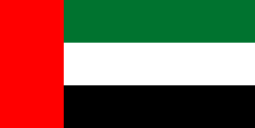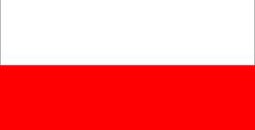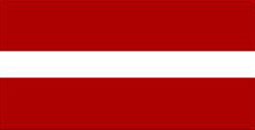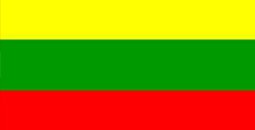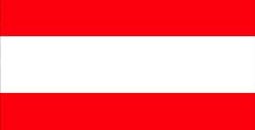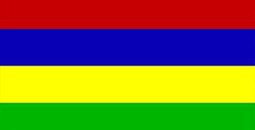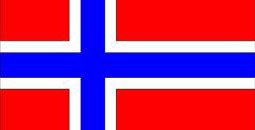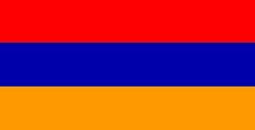Why study in Denmark
Want to study in Denmark? Contact us Now
Why study in Denmark
Mention study abroad destinations to any young boy or a girl today and the answers you will get are USA, UK, Ireland, Australia, New Zealand and Canada. Well, undoubtedly all these countries have been an obvious choice for billions of students traditionally.
However, one country from Europe especially the Nordic region has become popular for the past several years. And the country we are talking about is:
~ The happiest place in the world
~ The second most peaceful country in the world (based on standards of health, welfare, and education)
~ The least corrupted country in the world (2008 Global Peace Index)
~ The highest level of income equality in the world (2008 Corruption Perceptions Index)
Yes, I am talking about studying in Denmark.
In a four-part series beginning today I shall talk about education in Denmark (part I), higher education and courses offered in English (part II), Denmark’s economy, job opportunities and green card scheme (part III) and studying business in Denmark second oldest Aarhus Business School.
Denmark has several universities; the largest and oldest are the University of Copenhagen (founded 1479) university of Aarhus (founded 1928).
Education in Denmark
The Danish education system is divided into various parts. First, ten years of school attendance is called Folkeskole.
Following graduation from Folkeskolen, there are several other educational opportunities, including Gymnasium(academically-oriented upper secondary education), Higher Preparatory Examination (HF) (one year shorter thanGymnasium), Higher Technical Examination Programme (HTX) (with focus on mathematics and engineering), and higher Commercial Examination Programme (HHX) (with a focus on trade and business), as well as vocational education.
All these courses train young people for work in specific trades by a combination of teaching and apprenticeship.
Gymnasium, HF, HTX and HHX aim at qualifying students for higher education in universities and colleges.
What makes education in Denmark special?
An academic tradition combining excellence with an innovative culture for both teaching and research; a typical class consisting of lectures as well as discussions in small groups; an internationally oriented wide variety of programmes (that too in English); an open-minded population with global outlook; institutions of higher education collaborating with business life and research institutions — all this and much more creates an enriching learning environment. And that makes studies in Denmark a truly world-class experience.
The results of a recent survey on international students in Denmark showed that students enjoy their stay in Denmark because they feel it is a safe place to live.
Of the 2,800 international students surveyed
~ 92 per cent would recommend studying in Denmark to other students
~ 75 per cent are considering staying in Denmark to work
~ 82 per cent think Denmark is a safe country
~ Survey conducted by SIRIUS, 2006 (based on standards of health, welfare, and education)
Special introduction for international students
As mentioned above, international students have many pleasant surprises in store for them in Denmark. A lot of institutions have a buddy system in practice wherein they send a buddy to meet you on arrival. S/he will help you get settled, meet other students and deal with practical matters in your first weeks in Denmark.
Institutions also organise special orientation programmes and short-term courses in Danish language and culture during the same.
These programmes and the courses provide international students with another opportunity to familiarise them with their host country and meet other international and Danish students.
Social life
At most institutions of higher education, social life is vital and varied. The students themselves are the driving force behind parties, cafés, excursions and student politics. Fredagsbar, as the Danish name indicates is an open café; usually held on Fridays, is very popular among the domestic as well as international student community.
Leisure and sports activities
For students interested in sports activities, there are plenty of options both on campus and in public and private clubs and organizations.
Accommodation
Education institutions suggest & arrange for accommodation options as soon as you are accepted. Generally, there are several accommodation options:
~ Room in a residence hall (collegium), 240-400 Euros/month.
~ Room in a family home, 200-500 Euros/month
~ Flat for rent: Prices vary considerably depending on either on an individual basis or sharing with other students
You can read more about accommodation at http://www.studyindenmark.dk/
Student jobs
International students from outside the EU can apply for a work permit as part of their residence permit which entitles them to work for up to 15 hours a week during the semester, and full time during the summer holiday, that is, in June, July and August.
Want to study in Denmark? Campus World


















